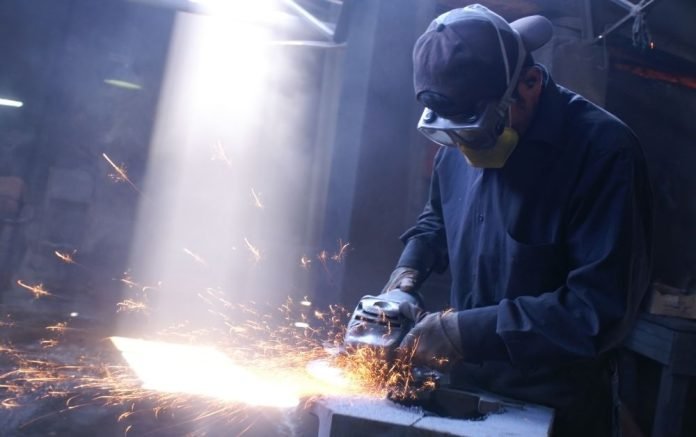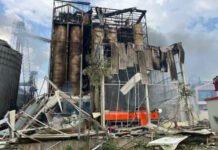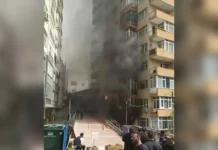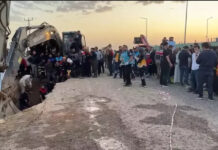Turkey recorded at least 961 work-related accidents in the first six months of this year, according to a recent report by the Health and Safety Labor Watch (İSİG).
In June alone 164 work-related deaths were reported, including those of at least four minors. The industrial sector accounted for the highest number of fatalities with 47 deaths, followed by construction with 40, hospitality with 39 and agriculture with 38.
İstanbul led all provinces in the number of work-related accidents.
The most frequent cause of death was traffic accidents, which accounted for 20 percent of all workplace deaths, while crush accidents accounted for 19 percent and falling from a height represented 17 percent.
People have been suffering from lax work safety standards for decades in Turkey, where workplace accidents are nearly a daily occurrence. In the worst work-related accident in the country’s history, 301 miners lost their lives in an explosion in Manisa’s Soma district in May 2014.
According to İSİG, more than 30,000 work-related accidents have taken place since the Justice and Development Party (AKP) came to power in November 2002.
İSİG General Coordinator Murat Çakır had earlier said the reason for the record number of fatalities in work-related accidents has to do with the policies of the AKP, which he said aim to turn Turkey into a source of cheap labor for Europe.
According to Çakır, workers feel obliged to work under unsafe conditions fearing that they will become jobless and unable to support their families.
İSİG began to record occupational fatalities in 2011. The platform also records the number of workers who died due to a lack of work safety in past years in addition to campaigning for stricter measures to maintain safety in workplaces.
A yearly report by the International Trade Union Confederation (ITUC) on labor rights ranked Turkey as one of the 10 worst countries in the world for working people.
According to the Brussels-based ITUC, working conditions in Turkey in 2024 were comparable to such countries as Bangladesh, Belarus, Myanmar and Nigeria. Moreover, workers’ freedoms and rights continued to be relentlessly denied, with police crackdowns on protests, while strikes and attempts to unionize were prevented by authorities















